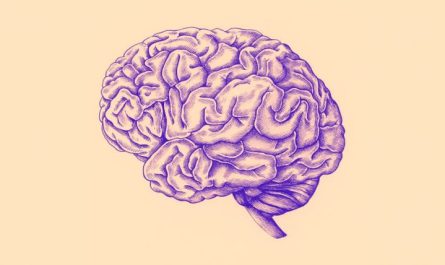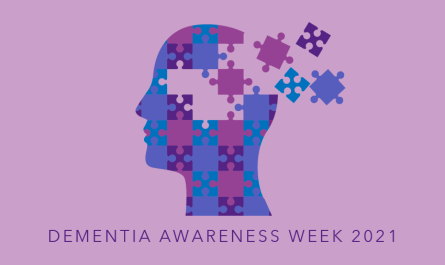Alcohol Awareness Month
Alcohol Awareness Month is a public health program organized by the National Council on Alcoholism and Drug Dependence. The program was initiated in April 1987 to create awareness and enhance understanding of alcoholism and its consequences.
It occurs when you drink so much that your body eventually becomes dependent on or addicted to alcohol. When this happens, alcohol becomes the most important thing in your life. Globally, alcohol addiction is one of the primary reasons for death since it negatively impacts both your mental and physical health.
What are the risk factors?
The risk factors for alcoholism include :
4 or more drinks in a day, or 8 or more drinks in total in a week (for females)
5 or more drinks in a day, or 15 or more drinks in a week (for males)
a mental health problem, such as depression, anxiety, or schizophrenia
a parent with alcohol use disorder
What are the symptoms?
People with alcoholism engage in the following behaviors:
drinking alone
drinking more to feel the effects of alcohol (having a high tolerance)
becoming violent or angry when asked about their drinking habits
not eating or eating poorly
neglecting personal hygiene
missing work or school because of drinking
being unable to control alcohol intake
making excuses to drink
continuing to drink even when legal, social, or economic problems develop
giving up important social, occupational, or recreational activities because of alcohol use
What are the side effects?
Alcohol can temporarily make you feel good but increasing and continuing its intake can cause harm to both your body and mind a lot more than you can imagine.
Here is a list of a few side effects of excessive alcohol consumption :
Poor heart health: Excessive alcohol consumption can most likely increase the possibility of high blood pressure, leading to stroke, heart attack, cardiac arrest and even cancer.
Poor digestive system: Drinking too much alcohol is known to develop a gastrointestinal ulcer, gastritis, or esophageal ulcer.
Poor neurological function: It harms the neurons, leading to poor motor coordination, memory loss, distorted thought process, and many more.
Poor sexual health: Alcohol abuse can affect a man’s libido, causing sexual dysfunction, and negatively impacting sperm quality. Whereas for Women regular intake of alcohol affects the menstrual cycle, creating further complications.
Miscarriage: Doctors always advise against alcohol consumption while trying to conceive and even during pregnancy since it can cause birth defects and even miscarriages.
Controlling your consumption
Set a drinking goal. Set a limit on how much you will drink.
Don’t keep alcohol in your house. Having no alcohol at home can help limit your drinking.
Drink slowly. Sip your drink. Drink soda, water, or juice after having an alcoholic beverage. Never drink on an empty stomach.
Choose alcohol-free days. Decide not to drink a day or two each week. You may want to abstain for a week or a month to see how you feel physically and emotionally without alcohol in your life.
Watch for peer pressure. Practice ways to say no politely. You do not have to drink just because others are, and you shouldn’t feel obligated to accept every drink you’re offered. Stay away from people who encourage you to drink.
Keep busy. Take a walk, play sports, go out to eat, watch a movie, pick up a new hobby, or revisit an old one. Painting, board games, playing a musical instrument, woodworking — these and other activities are great alternatives to drinking.
Ask for support. Cutting down on your drinking may not always be easy. Let friends and family members know that you need their support. Your doctor, counselor, or therapist may also be able to offer help.
Guard against temptation. Steer clear of people and places that make you want to drink. If you associate drinking with certain events, such as holidays or vacations, develop a plan for managing them in advance. Monitor your feelings. When you’re worried, lonely, or angry, you may be tempted to reach for a drink. Try to cultivate new, healthy ways to cope with stress.
Be persistent. Most people who successfully cut down or stop drinking altogether do so only after several attempts. You’ll probably have setbacks, but don’t let them keep you from reaching your long-term goal. There’s no final endpoint, as the process usually requires ongoing effort.




